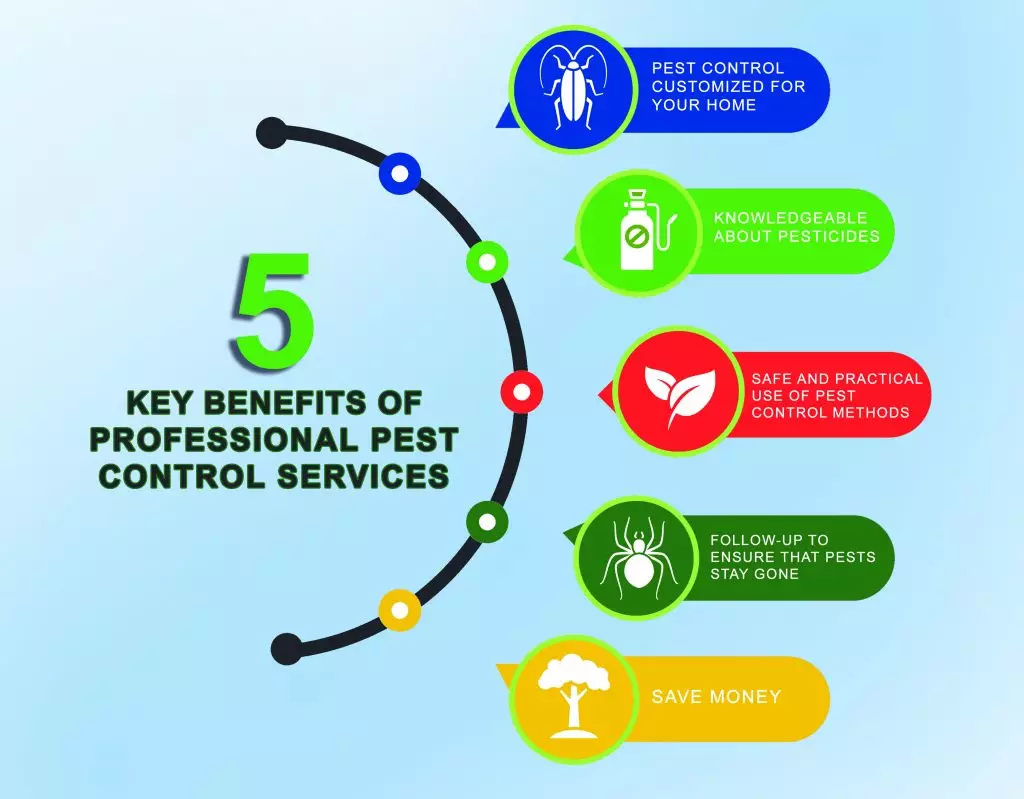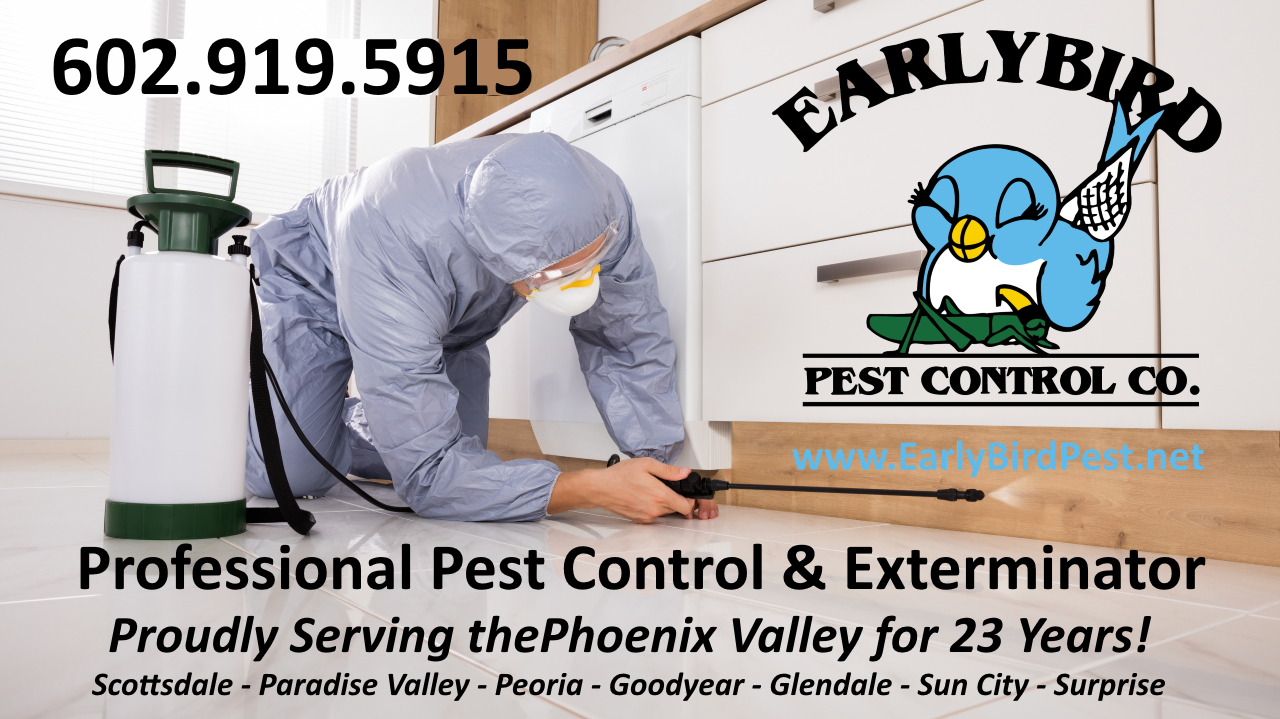Understanding the Numerous Methods to Parasite Control: A Comprehensive Guide

Natural Insect Control Techniques
Utilizing eco-friendly techniques such as buddy planting and biological insect control is necessary for properly handling pests in agricultural settings. Buddy planting involves growing different crops in proximity to deter pests, boost nutrient uptake, and boost total plant health and wellness. As an example, growing marigolds together with tomatoes can assist ward off nematodes. Intercropping maize with vegetables can disrupt the reproduction patterns of parasites like corn borers.
Biological insect control involves introducing natural killers or microorganisms to control pest populations. Ladybugs, as an example, prey on aphids, managing their numbers without the need for chemical pesticides. One more example is the usage of Bacillus thuringiensis (Bt), a bacterium that targets details insect bugs while being safe to humans, pets, and useful pests.
These environment-friendly methods not just reduce the dependence on synthetic pesticides yet also aid maintain biodiversity and soil wellness. By including all-natural bug control techniques right into agricultural methods, farmers can attain sustainable bug monitoring while reducing adverse effect on the atmosphere.

Chemical Bug Control Solutions
In enhancement to natural insect control techniques, the application of chemical pest control services plays a substantial duty in effectively managing pest populations in farming settings. Chemical parasite control solutions are formulated to target certain bugs that might create extensive damage to crops. These solutions typically consist of artificial chemicals that are made to get rid of parasites quickly and efficiently.
One of the key advantages of chemical pest control solutions is their effectiveness in controlling pest infestations widespread. Farmers can use these remedies making use of numerous approaches such as splashing, fumigation, or seed treatment to safeguard their crops from hazardous insects, weeds, and diseases. In addition, chemical bug control options are fairly easy to apply and can give quick results, helping farmers safeguard their returns and lessen economic losses.
Nevertheless, it is vital to use chemical bug control services judiciously to lessen potential adverse influence on the environment, non-target microorganisms, and human health. Appropriate application techniques, adherence to safety and security guidelines, and normal monitoring are critical to guarantee the liable use chemical parasite control services look what i found in farming practices.
Organic Pest Control Approaches
Biological insect control comes close to utilize all-natural predators or microorganisms to take care of insect populaces in agricultural settings efficiently. One common organic control approach is the introduction of natural opponents, such as ladybugs or parasitic wasps, to target particular bugs.
One more biological control approach includes using virus like germs, viruses, or fungis to contaminate and kill parasites. In general, organic parasite control methods offer a lasting and targeted solution to pest administration in agriculture.
Integrated Bug Management (IPM)
Integrated Parasite Management (IPM) is a comprehensive technique that combines different pest control methods to effectively handle and minimize pest populations in farming systems. IPM concentrates on long-lasting avoidance of insects via a combination of organic, cultural, physical, and chemical control approaches. By integrating these different approaches, IPM intends to reduce reliance on chemical pesticides, decrease environmental effect, and promote sustainable parasite administration techniques.
One key element of IPM is using organic controls such as natural killers, parasites, and microorganisms to manage insect populaces. This method utilizes the power of nature to keep a balance between bugs and their natural adversaries without causing damage to the setting.
In addition, IPM involves cultural practices like crop habitat, rotation, and sanitation manipulation to develop unfavorable conditions for pests and disrupt their life cycles. Physical controls such as catches, mulches, and barriers are likewise utilized to stop insect infestations.
Mechanical and Physical Insect Control Techniques
Utilizing non-chemical methods, such as physical and mechanical parasite control methods, is a crucial facet of comprehensive parasite monitoring methods, developing upon the foundation of Integrated Pest Management's all natural technique. Mechanical insect control involves the usage of physical obstacles or traps to avoid parasites from my response accessing and harming crops or structures. This approach can consist of methods like installing displays on home windows, using row covers in farming, or using sticky traps to catch pests.
Physical pest control approaches, on the other hand, emphasis on directly eliminating bugs through physical methods. Using warmth treatments to remove bed bugs or vacuuming up parasites like ants or crawlers can be efficient means to manage problems without the use of chemicals. By including these mechanical and physical parasite control methods right into an Integrated Bug Monitoring plan, people and professionals can minimize dependence on pesticides while still effectively decreasing and handling pest populaces damages.
Conclusion

In addition to all-natural insect control methods, the application of chemical bug control options plays a considerable role in properly handling pest populations in farming environments.One of the vital benefits check over here of chemical pest control remedies is their efficiency in regulating bug infestations on a huge scale.Integrated Parasite Administration (IPM) is a comprehensive technique that combines numerous insect control approaches to successfully manage and decrease pest populations in farming systems.Utilizing non-chemical approaches, such as physical and mechanical pest control methods, is an essential facet of extensive pest administration strategies, developing upon the structure of Integrated Pest Monitoring's alternative method. By integrating these physical and mechanical insect control strategies into an Integrated Bug Management strategy, individuals and experts can minimize reliance on chemicals while still properly minimizing and handling pest populaces damages.